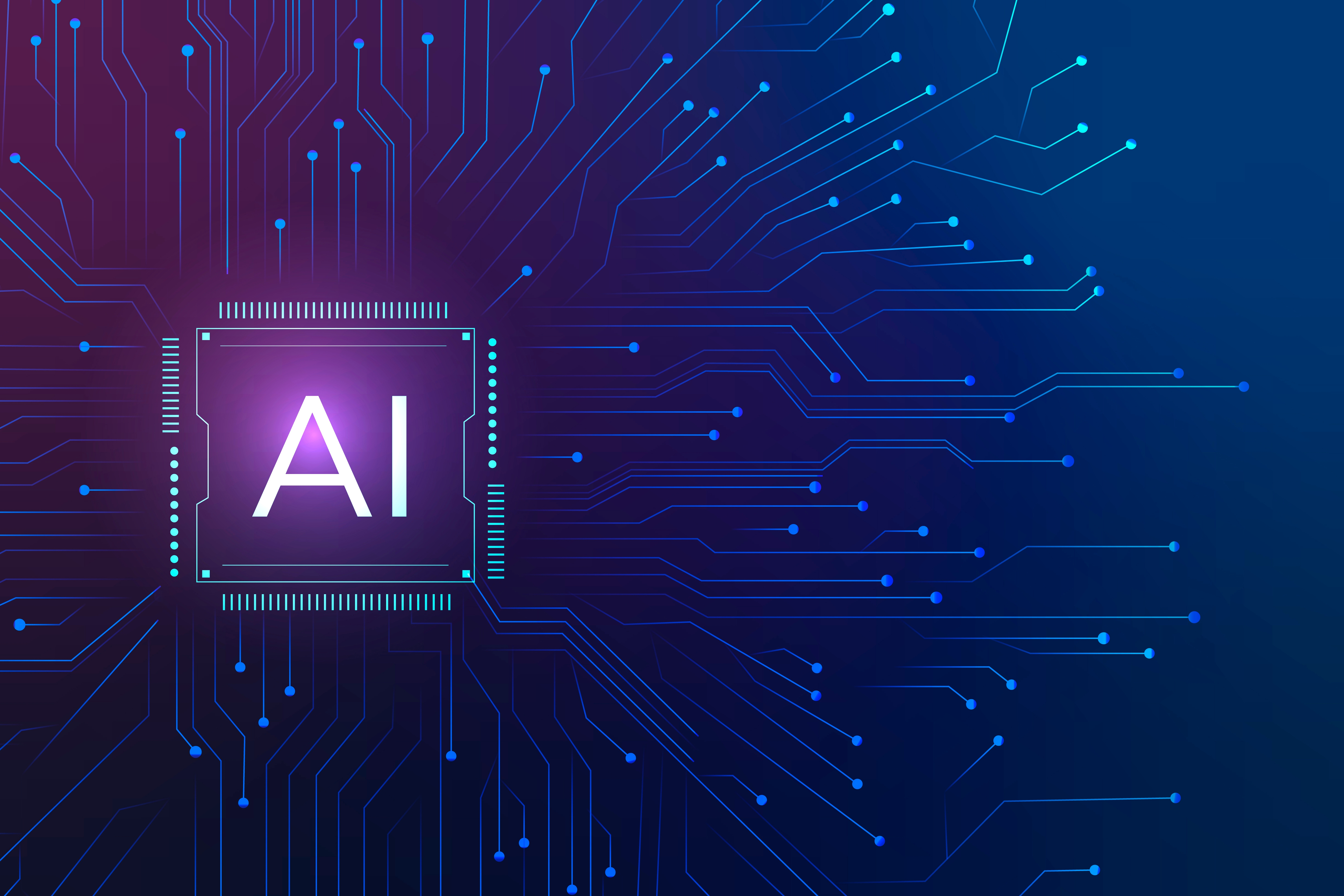
What Is Artificial Intelligence (AI) ?
When a machine is programmed to think, learn, and solve problems like a human, it is said to have Artificial Intelligence (AI). This area of computer science aims to build intelligent machines that can carry out tasks that would typically need human intelligence. At its core, AI aims to develop algorithms and systems that can […]
When a machine is programmed to think, learn, and solve problems like a human, it is said to have Artificial Intelligence (AI). This area of computer science aims to build intelligent machines that can carry out tasks that would typically need human intelligence.
At its core, AI aims to develop algorithms and systems that can process vast amounts of data, recognize patterns, and make decisions or take actions based on that information. Machine learning, natural language processing, computer vision, expert systems, and robotics are some of the methods and approaches involved in artificial intelligence.
Machine Learning (ML) is a subset of AI that focuses on the development of algorithms and models that enable computers to learn and improve from experience without being explicitly programmed. In ML, machines are trained on large datasets and learn patterns and relationships within the data, allowing them to make predictions or take actions based on new, unseen data. An essential component of AI is its capacity for learning and adapting.
One prominent type of ML is deep learning, which involves the use of neural networks. Neural networks are composed of interconnected layers of artificial neurons that mimic the structure and function of the human brain. Through a process called training, neural networks can automatically learn hierarchical representations of data, enabling them to perform complex tasks such as image recognition, speech recognition, and natural language understanding.
Another essential component of AI that concentrates on the interface between computers and human language is Natural Language Processing (NLP). It involves teaching machines to understand, interpret, and generate human language in both written and spoken forms. NLP techniques are used in various applications, including chatbots, virtual assistants, language translation, sentiment analysis, and information extraction.
Computer Vision is an area of AI that deals with the extraction, analysis, and understanding of visual information from images or videos. It involves developing algorithms and models that can recognize objects, detect patterns, and interpret visual scenes. Computer vision has numerous applications, such as facial recognition, object detection and tracking, autonomous vehicles, medical image analysis, and augmented reality.
Expert Systems, also known as knowledge-based systems, are AI systems that emulate the knowledge and reasoning abilities of human experts in specific domains. They are built using rule-based systems, where a set of rules or “if-then” statements are used to represent expert knowledge. Expert systems have been successfully applied in areas such as medicine, finance, engineering, and customer support, providing specialized expertise and decision support.
Robotics is a field that combines AI, machine learning, and mechanical engineering to design and develop intelligent machines called robots. Robots can interact with their environment, perceive sensory information, make decisions, and carry out physical tasks. They are used in various industries, including manufacturing, healthcare, agriculture, and exploration, to automate processes, assist humans, and perform dangerous or repetitive tasks.
The impact of AI extends to numerous domains and industries. In healthcare, AI is revolutionizing medical diagnosis, drug discovery, and personalized treatment. In transportation, AI is driving advancements in autonomous vehicles, traffic management, and logistics optimization. In finance, AI is used for fraud detection, algorithmic trading, and customer service. AI is also making significant contributions to areas such as education, entertainment, cybersecurity, agriculture, and environmental sustainability.
However, the development and deployment of AI also raise ethical, social, and economic concerns. Ethical considerations include issues of bias and fairness in AI systems, privacy concerns, and the potential impact on employment and the workforce. Ensuring transparency, accountability, and responsible use of AI technologies is crucial for their widespread adoption and acceptance.
In conclusion, Artificial Intelligence (AI) is a rapidly evolving field that encompasses a wide range of technologies and applications. Its potential to transform industries, improve decision-making, and enhance human lives is immense. By enabling machines to process information, learn from experience, and perform tasks that were once exclusive to humans, AI can shape the future and revolutionize how we live and work.


